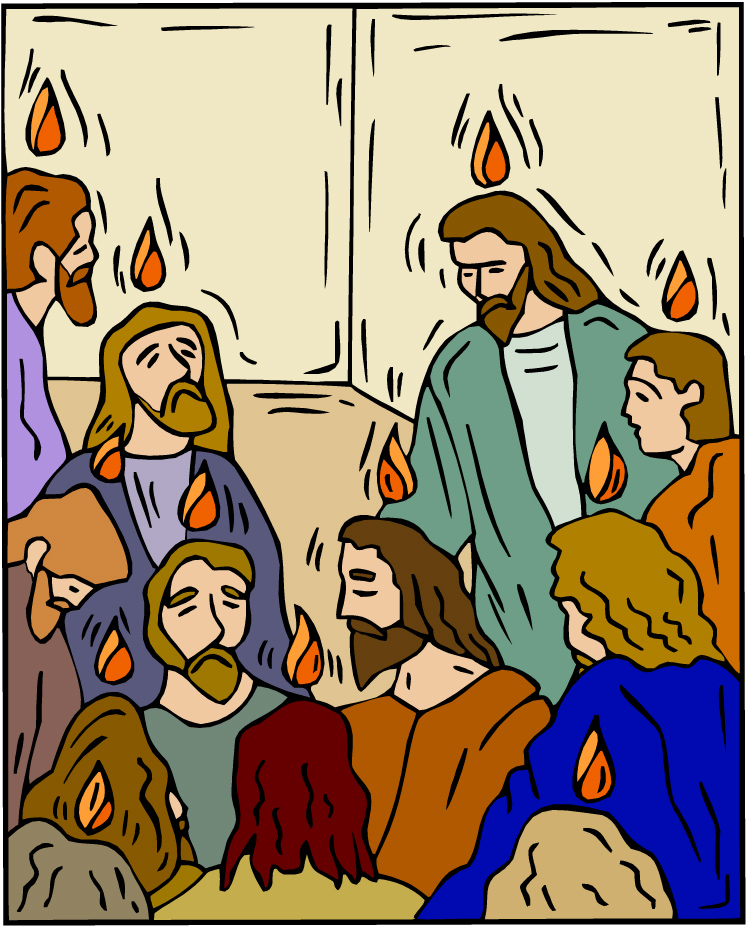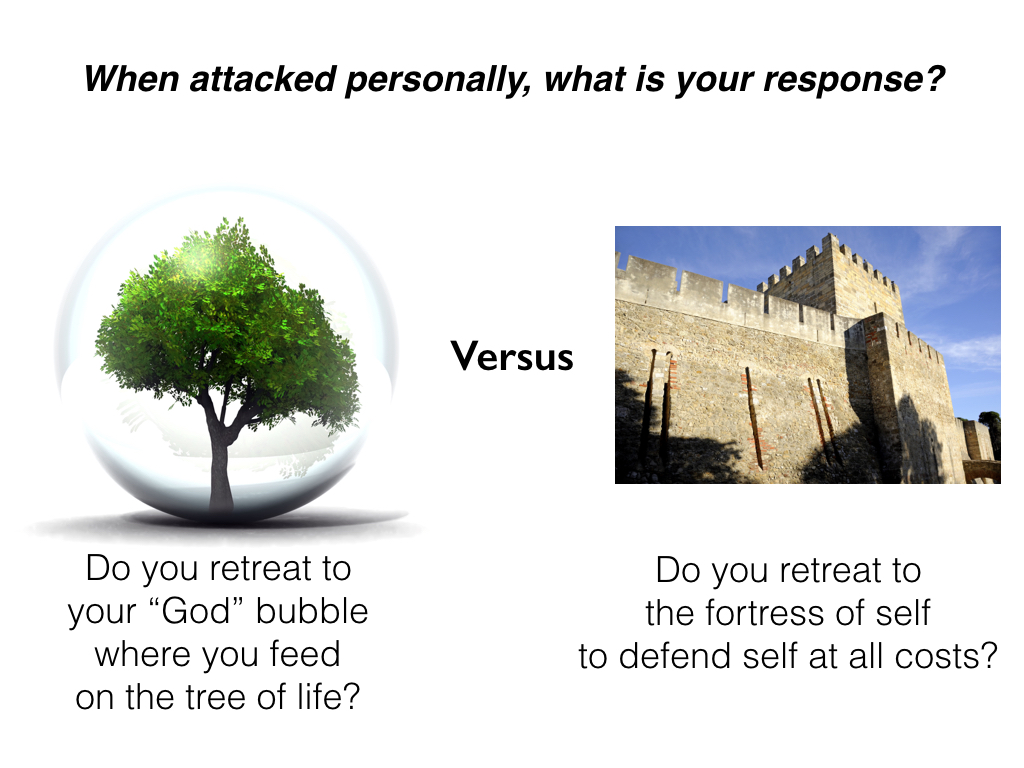
Spiritual Gifts
The Epistle to the Romans chapter 12 verses six through eight list seven heavenly gifts that Elohim the Creator givers to humans. According to Paul, the author of Romans, Elohim has given one or more of these gifts to every human ever born (Rom 12:3). All humans are born with one or more of these gifts. These gifts can be used for good, if motivated and informed by the higher influences of the mind, will and Spirit of Elohim, or they can also be used for selfishness and evil if motivated and under the control of the lower influences of the world, the flesh and the devil. A human can also use these gifts while under the influence of both the upper and lower influences.
These divinely imparted gifts are referred to as both motivational or redemptive gifts. Motivational because when they are understood and used properly, they motivate both the gifted person and the recipient of the gift upward spiritually. Redemptive because when they are used as the Creator intended, they will help to bring people into a spiritual relationship with Elohim through Yeshua the Messiah their Heavenly Redeemer and Savior.
Of spiritual gifts imparted to humans, the Bible tells us:
As every man hath received the gift, even so minister the same one to another, as good stewards of the manifold grace of God. (1 Pet 4:10)
I beseech you therefore, brethren, by the mercies of God, that ye present your bodies a living sacrifice, holy, acceptable unto God, which is your reasonable service. And be not conformed to this world: but be ye transformed by the renewing of your mind, that ye may prove what is that good, and acceptable, and perfect, will of God. For I say, through the grace given unto me, to every man that is among you, not to think of himself more highly than he ought to think; but to think soberly, according as God hath dealt to every man the measure of faith. For as we have many members in one body, and all members have not the same office: So we, being many, are one body in Christ, and every one members one of another. Having then gifts differing according to the grace that is given to us… (Rom 12:1–6)
The seven innate motivational gifts are listed in Romans 12:6–8. They are prophecy, service, teaching, exhortation, giving, leadership, mercy or (otherwise described) perceiving, serving, teaching, encouraging, giving, ruling, and mercy.
Having then gifts differing according to the grace that is given to us, whether prophecy, let us prophesy according to the proportion of faith; or ministry, let us wait on our ministering: or he that teacheth, on teaching; or he that exhorteth, on exhortation: he that giveth, let him do it with simplicity; he that ruleth, with diligence; he that sheweth mercy, with cheerfulness. (Rom 12:6–8)
These seven innate motivational gifts are different than the gifts of the Yeshua, the Son, (Eph 4:7–11), and the gifts of the Spirit (1 Cor 12:7–10). The Romans 12 gifts are from the Father (Rom 12:3). The innate motivational gifts were given to each person at birth. The gifts of the Spirit are given once one has been baptized in the Spirit of Elohim as a result of a spiritual relationship with Yeshua the Messiah. We will say more about the purpose of these gifts below. The Ephesians chapter four gifts, which are often referred to as “the fivefold ministry” are specific ministry or leadership offices existing within the congregation of the saints or body of Yeshua. One can grow into the Ephesians chapter four ministry office-gifts through the proper use and spiritual development of the innate motivational gifts. This occurs when one recognizes they are being called by Elohim to be either an apostle, prophet, evangelist, pastor or teacher and this calling is confirmed by one’s spiritual elders. During a period of discipleship and training, one can learn to function in their ministry office-gift on their own, and hopefully raise others up to do the same thus continuing the spiritual process.
The Purpose of Spiritual Gifts
Continue reading







